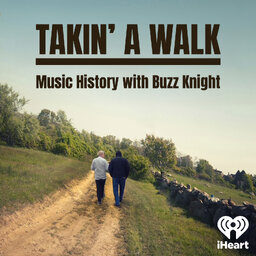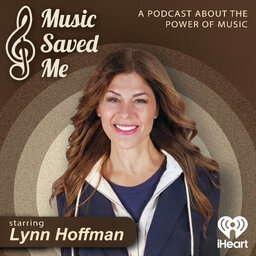"Rethinking Work with Rishad Tobaccowala"
Join @thebuzzknight for this episode with Rishad Tobaccowala, author, speaker, teacher and advisor, with four decades of experience specializing in helping people, organizations and teams re-invent themselves and remain relevant in changing times. Rishad is the author of the best-selling book, "Restoring the Soul of Business: Staying Human in the Age of Data" and is the author of the brand-new book "Re-Thinking Work". He also hosts the podcast called "What's Next?", where he speaks with a range of leaders across business, technology, academia, and the arts on how to make sense of the cultural, social, and business changes transforming us all.
For questions or comments write buzz@buzzknightmedia.com.
Like this podcast? Share with your friends and check out our companion podcast called Music Saved Me hosted by Lynn Hoffman. here
In 2 playlist(s)
Takin' A Walk - Music History with Buzz Knight
On the Takin’ A Walk-Music History Podcast, Buzz Knight goes deep with American music’s most iconic …Social links
Follow podcast
Recent clips

"Jerry Douglas : The Dobro Master Who Revolutionized Bluegrass Music: Inspiring Icon Interview-Encore"
33:15

Exploring Music History : Buzz Knight Interviews Zak Starkey on Drumming, Legacy and Iconic Performances
20:59

Buzz Knight Welcomes Alan Pepper and Billy Altman to Explore The Bottom Line's Legendary Music History Journey
44:27
 Takin' A Walk - Music History with Buzz Knight
Takin' A Walk - Music History with Buzz Knight
